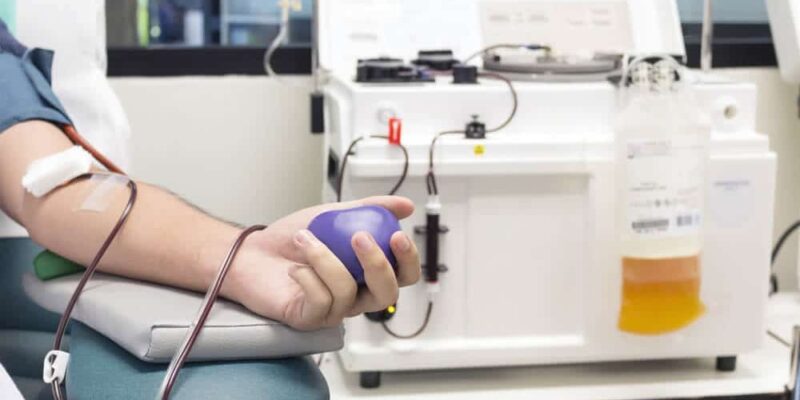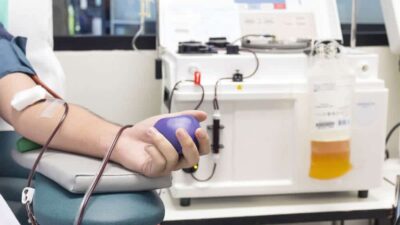
Plasma donation is a vital process that supports the production of life-saving therapies and treatments for patients with a range of medical conditions. Many people are unaware of the critical role that certified places to donate plasma play in ensuring the safety and effectiveness of the donation process. By choosing certified centers, donors contribute not only to their community but also to global healthcare efforts. Understanding how these centers operate and the impact of plasma donation can motivate more individuals to participate in this important practice.
The Importance of Certified Plasma Donation Centers
Certified places to donate plasma adhere to strict guidelines and standards designed to protect both donors and recipients. These centers follow rigorous procedures for screening, collection, and handling, ensuring that the plasma collected is safe and usable for medical purposes. Certification ensures compliance with federal regulations, proper sanitation, and staff training, which significantly reduces the risk of contamination or errors during the donation process.
For donors, choosing a certified center means that their health is prioritized. Professionals conduct comprehensive health assessments, including vital signs checks and eligibility screenings, to confirm that donating plasma will not adversely affect the donor’s well-being. Centers also provide guidance on hydration, nutrition, and recovery after donation, which helps maintain the donor’s health and comfort throughout the process. Certified facilities create an environment where donors can feel confident that their contribution is both safe and impactful.
How Plasma Donations Save Lives
Plasma is a critical component in the treatment of numerous medical conditions. It contains proteins, antibodies, and clotting factors that are essential for patients suffering from immune deficiencies, hemophilia, and other serious diseases. Donations collected at certified places to donate plasma are used to manufacture plasma-derived therapies that save countless lives every year.
Hospitals and clinics rely on a steady supply of plasma to support emergency care, surgeries, and chronic disease management. Without consistent plasma donations, the availability of these therapies would be severely limited, affecting the health outcomes of thousands of patients. By donating at certified centers, individuals ensure that the plasma they provide meets the high-quality standards required for these life-saving treatments, making their contribution both meaningful and effective.
The Benefits of Donating at Certified Locations
Donating plasma at certified centers offers advantages that extend beyond the impact on patients. Certified centers maintain advanced collection equipment, use sterile techniques, and provide trained staff to assist donors, making the process efficient and safe. This structured environment helps donors feel comfortable and supported throughout their donation experience.
Additionally, many certified centers offer compensation for donations, which can serve as an incentive while still maintaining ethical standards and regulatory compliance. Donors also benefit from the health screenings conducted prior to donation, which can provide insights into their overall health and detect potential issues early. Choosing certified places to donate plasma maximizes both the safety of the donation and the effectiveness of the plasma collected, ensuring that every contribution makes a tangible difference.
Making a Difference Through Regular Donations
Regular plasma donation amplifies the positive impact on patients who depend on these therapies. Consistent donations from multiple donors help maintain a steady supply of plasma, reducing shortages and ensuring that treatments are available when needed most. By returning to certified places to donate plasma on a recommended schedule, donors contribute to a sustainable system that supports ongoing medical needs.
Educating friends, family, and community members about certified donation centers also helps expand the donor base, further enhancing the availability of plasma. Awareness about the safety, benefits, and lifesaving potential of plasma donation encourages responsible participation and strengthens community health resources. Every donation at a certified center represents a step toward saving lives and supporting healthcare systems that rely on this invaluable resource.











